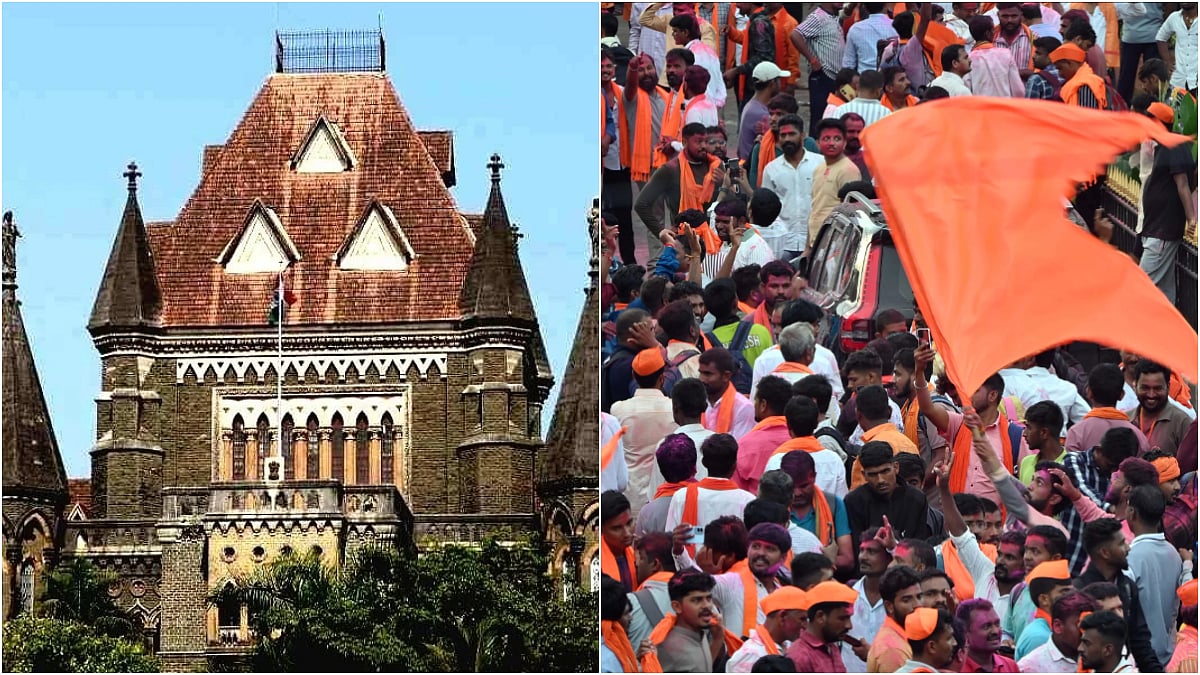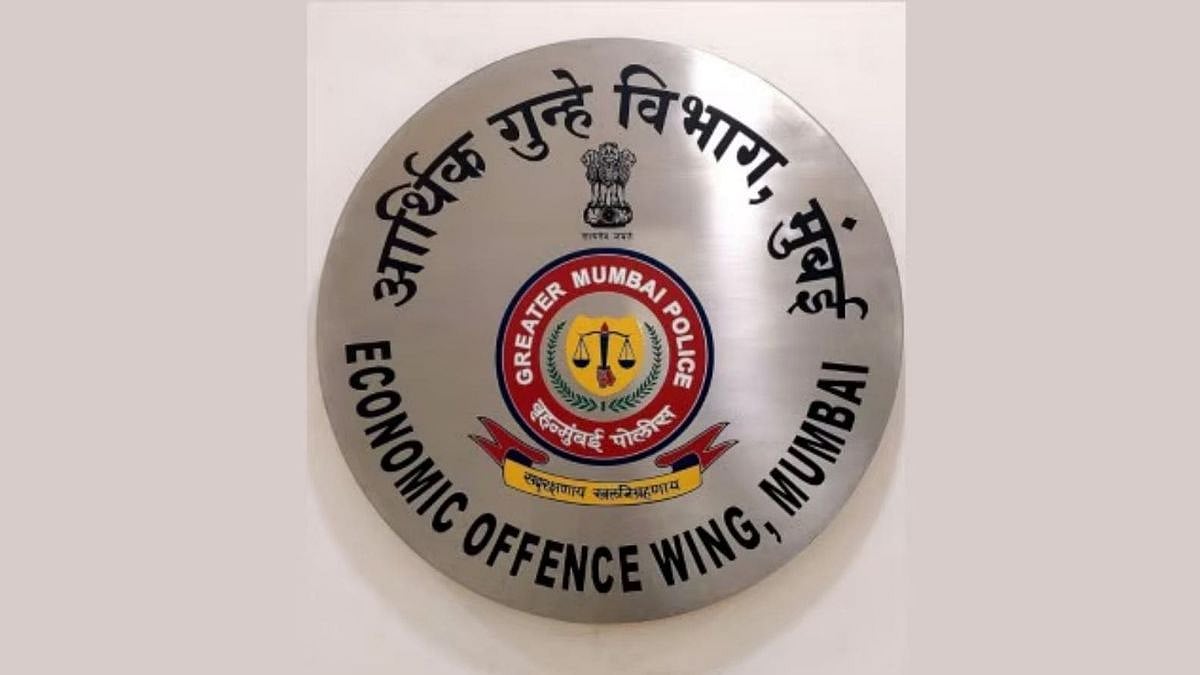Mumbai: The Supreme Court has expressed serious concern over the prolonged pendency of landlord-tenant disputes and has urged the Chief Justice of the Bombay High Court to examine the matter and take corrective action to ensure timely resolution.
A bench of Justices Sanjay Karol and Manoj Misra, while hearing two cross-appeals stemming from a December 2024 Bombay HC judgment, called for a detailed report on the period of pendency in such matters across courts under the HC’s jurisdiction. The top court has asked that appropriate steps be taken if delays are found to be systemic.
“We request the learned Chief Justice, High Court of Judicature at Bombay, to take up this issue and call for a report from the concerned courts regarding the period of pendency in landlord-tenant disputes. Should it be found that there are many such instances as the present case, then appropriate steps should be taken or directions issued to further the cause of expeditious disposal of these cases,” the court said in its order.
The apex court noted that disputes between landlords and tenants often involve a monetary dimension and delays can result in undue hardship to both parties.
“When it comes to landlord-tenant disputes, there is an angle of being deprived of the enjoyment of the property and also the monetary benefits that accrue from owning such property. The courts, being the courts of law and justice, are duty-bound to ensure that on their account, no party is made to suffer,” the bench observed.
The case at hand related to the calculation of mesne profits concerning Hindustan Organic Chemicals Ltd.’s (HOCL) occupation of ‘Harchandrai House’ in Mumbai. While the apex court largely upheld HC’s findings, it reduced the interest rate awarded on the amount payable by HOCL from 8% to 6%, directing the tenant to clear dues within three months.
The apex court was particularly disturbed by the timeline of the case. “This dispute has been in the domain of the courts for more than two-and-a-half decades. The landlord took steps for termination of tenancy at the turn-of-the-century in 2000, and today, after a quarter of the century has already passed, only now, will they get the monetary fruits of the property that belongs to them,” it said.

Noting that delays are sometimes attributable to the parties, and sometimes to judicial processes, the court concluded by leaving it to the HC Chief Justice to take suitable action to prevent such prolonged litigation in future.







